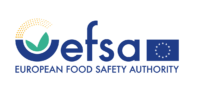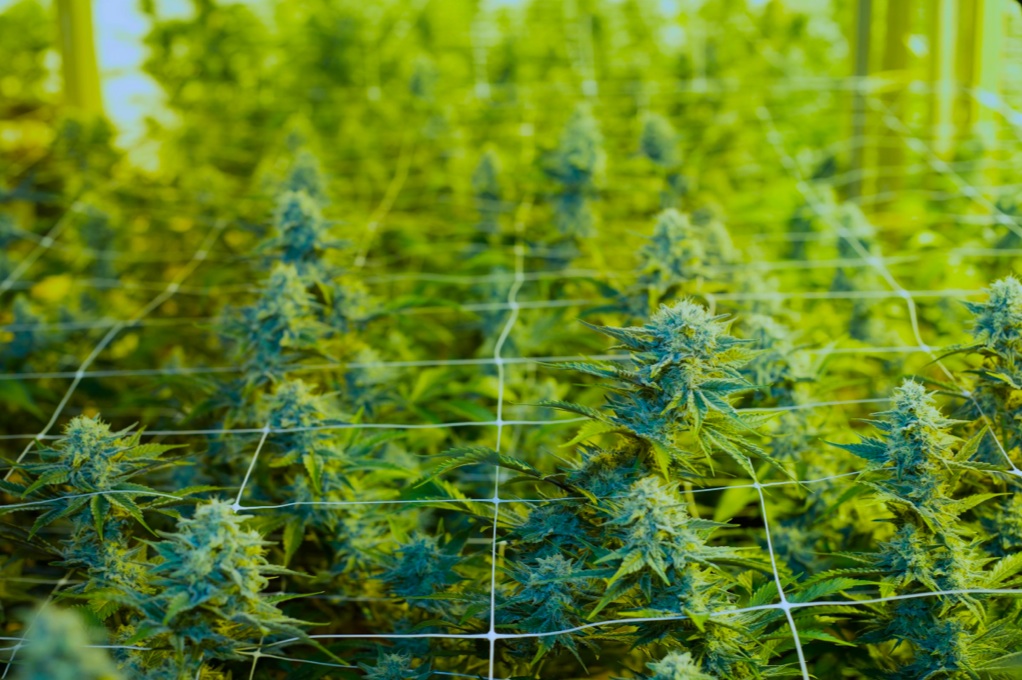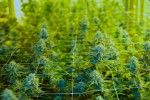This is the final piece of a four-part series discussing European cannabis regulations. Click here for Part One, here for Part Two and here for Part Three. Part Four wraps up the series below.
Where is the future of CBD heading?
A review of these various jurisdictions, the EU, the UK, and the USA, makes it clear that testing of CBD to ensure public safety is paramount to staying in business, and indeed to the survival of the industry. In the UK it is imperative to be active in the Novel Food licensing regime to remain on the market. In the EU, it is imperative for a legitimate market at all.
In the USA, it may very well become an imperative, if not because of the FDA or even Congress, but rather because as the U.S. market matures, lawsuits over product liability are almost inevitable, pointing to the lack of toxicology reporting or to the way a product was manufactured or marketed. Until the FDA plays a more robust role in establishing standards for the safety of CBD in food products, the best means for companies to protect themselves is with a Novel Food inspired testing regime to confirm product safety.
What this means for the CBD industry
Companies want a clear path forward for investments in the CBD sector. Litigation is predictable, especially in a litigious society like the U.S., as companies prepare themselves with toxicology reporting that satisfies the FDA. There will be clear winners and losers in the CBD market place, most likely based on a toxicology report.
 The EFSA, FSA, FDA, the various state level hemp associations dotted across America and more intriguingly, businesses who see testing requirements as a legal means of ousting the less-well-financed competition, are all advocating for testing. This makes sense: There is no future in betting on the unknown. Anything short of a clear safety standard is just guessing with people’s health and thus the company’s future.
The EFSA, FSA, FDA, the various state level hemp associations dotted across America and more intriguingly, businesses who see testing requirements as a legal means of ousting the less-well-financed competition, are all advocating for testing. This makes sense: There is no future in betting on the unknown. Anything short of a clear safety standard is just guessing with people’s health and thus the company’s future.
So, what are we left with?
Clearly, there is a need for a toxicology report prepared on behalf of the CBD sector. And one about CBD as a food supplement, not as a medicine. It is worth noting that Miller also remarked on how Epidiolex contained high doses of CBD. It needs to be made clear that the medical study of Epidiolex is not consistent with a study of non-medical levels of CBD when used as a supplement.
At present, the biggest challenge facing CBD product manufactures, whether in the USA, EU or UK, is the lack of controlled studies and thus the inability to illustrate the necessary toxicology reporting in their portfolio. Even in the US, the FDA has said it can’t conclude that CBD meets the standard of “generally recognized as safe” (GRAS) for use in human or animal food. Thus, the future of CBD lies in a company’s ability to illustrate by means of a study and accompanying toxicology reports that their brand is firmly in line with the required safety and data standards.

Here is where the EU and the UK may have an advantage, through involvement in the Novel Food application and licensing procedures. The needed legal security for the marketing of CBD products can only be achieved by their approval as Novel Foods. Projected costs for an individual company registering CBD isolate and full spectrum distillate under the Novel Food guidelines requires an investment of €3.5 million. As this is prohibitively high for most companies, at the June 2019 General Assembly, the EIHA proposed the creation of a consortium, with the aim of submitting a joint Novel Food application and sharing these costs among the members.
How the “EIHA projects GmbH” Partnership Works
The founding members of the EIHA projects GmbH have a preferential partnership rate. As a partner, I am able to sub-license products or brands in the EU and this license will be valid in the UK when the application is validated and on the Union list, and is equally valid in the USA.
The Atlantic Ocean is getting smaller and it appears that the FDA might very well decide that the US needs the same European safety standards applied to products at home. Sub-licensing is clearly an inexpensive pathway for an American brand to claim toxicology and safety testing PLUS get access to the EU market. It is imperative for businesses going forward to take a serious look at their future business goals and align themselves with an advancing regulatory environment confirming their commitment to approved quality products.








